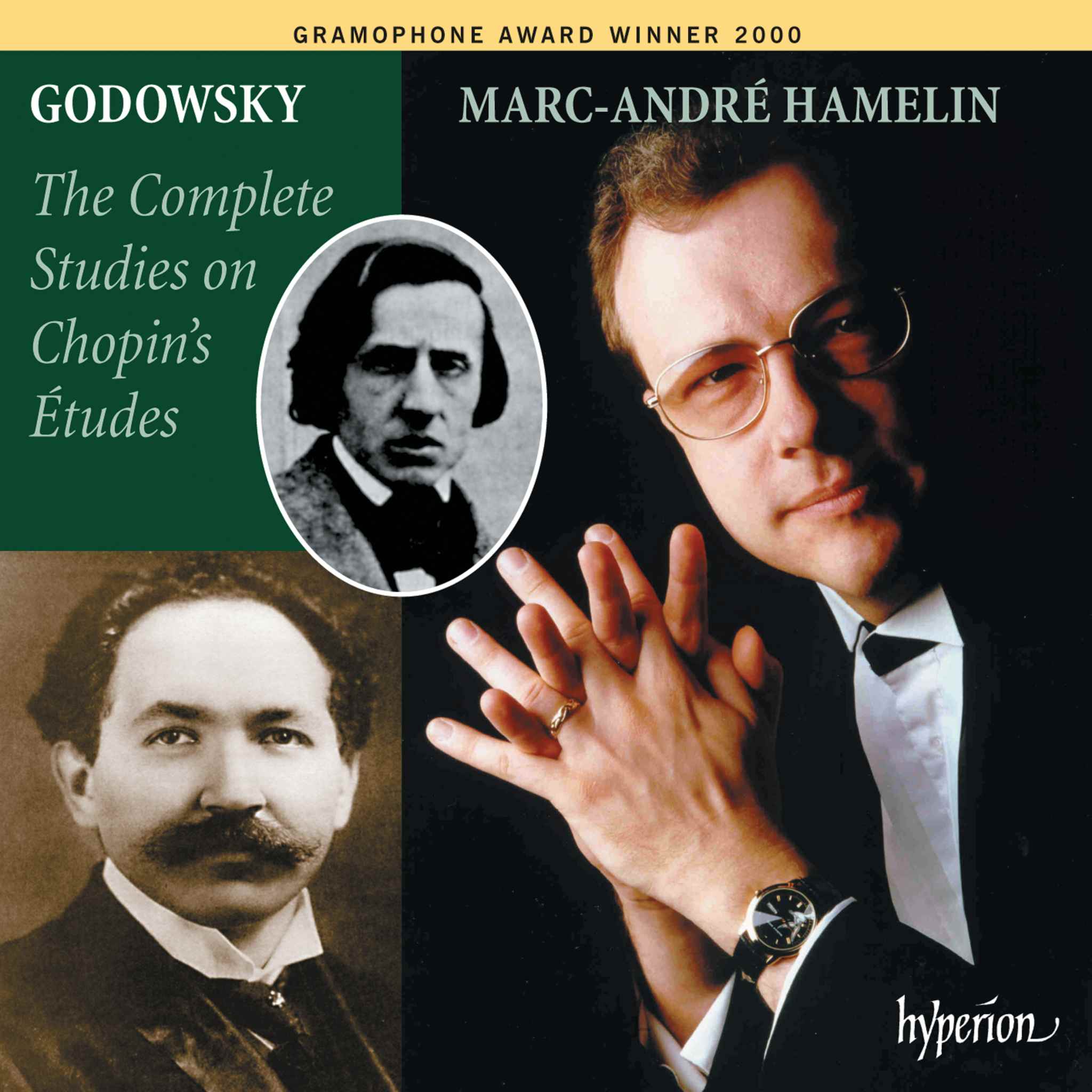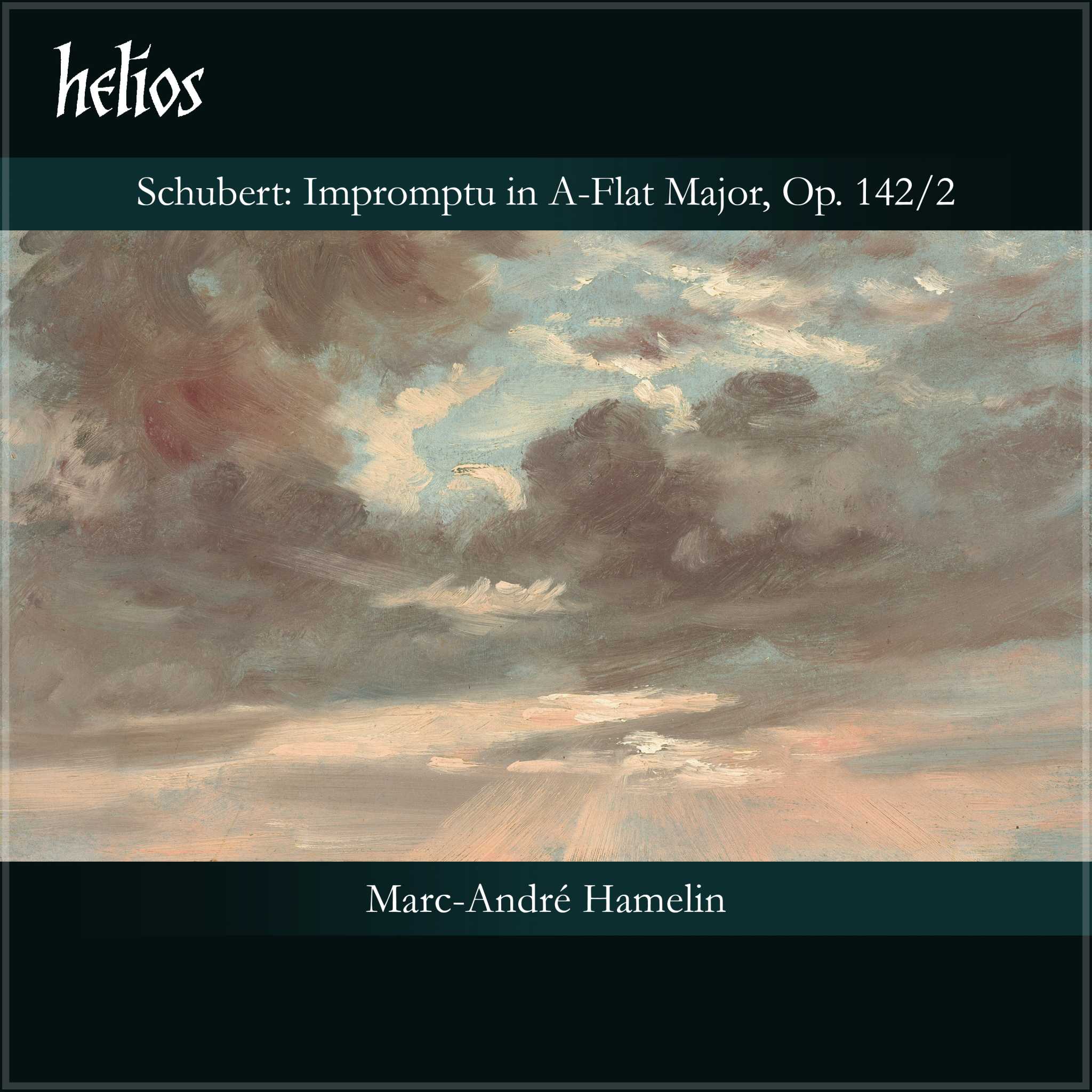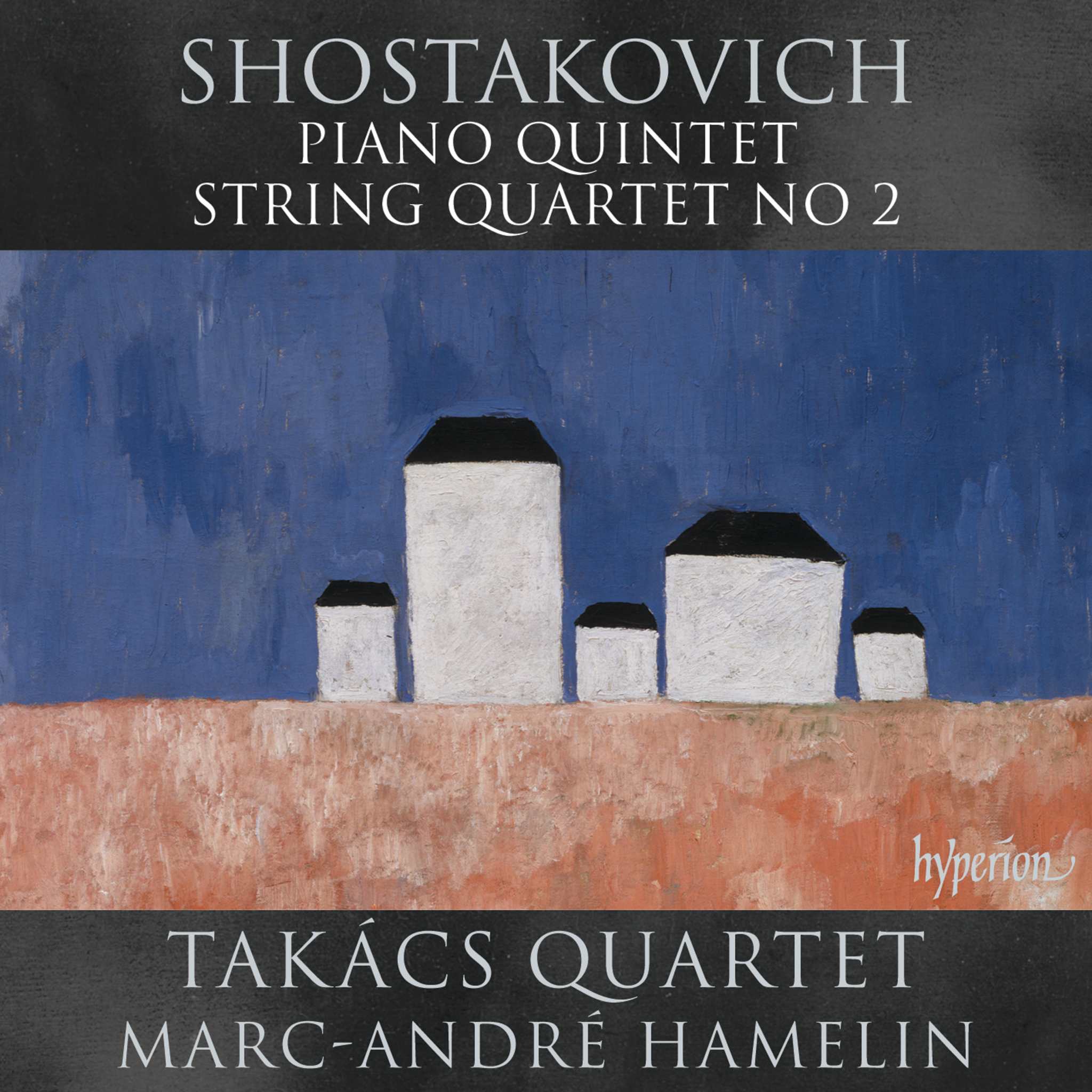In his preface to his Studies on Chopin's Etudes, Leopold Godowsky emphasizes three essential objectives: to expand the technical, mechanical, and musical possibilities of the piano, placing particular emphasis on polyphonic structures and tone colors. The studies demand peak performance from the interpreter, both physically and mentally, and simultaneously serve as a source of inspiration for piano composers. Particularly noteworthy are the 22 études conceived exclusively for the left hand, thus challenging the widespread assumption of its weakness. According to Godowsky, the left hand offers special advantages, such as nuanced control over melody and tone in the bass register.
Godowsky, a self-taught pianist and outstanding virtuoso, created innovative works with his Studies on Chopin's Etudes. His unconventional approach stemmed from intellectual independence and a comprehensive knowledge of the piano repertoire. In the pieces for the left hand, he impressively demonstrates its capacity to master technical challenges. Despite initial reservations among experts, his compositions are now considered significant masterpieces, primarily due to their innovations for the left hand.
Godowsky's studies were initially met with some skepticism, but they have since gained considerable acclaim. Pianists such as Marc-André Hamelin and Geoffrey Douglas Madge have recorded them, and the number of performances is steadily increasing. The lengthy process of their creation and the meticulous publication of these works underscore their enduring importance in the world of piano music.











